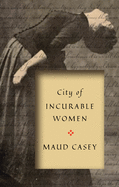John W. Henry Investing in Harvard Book Store
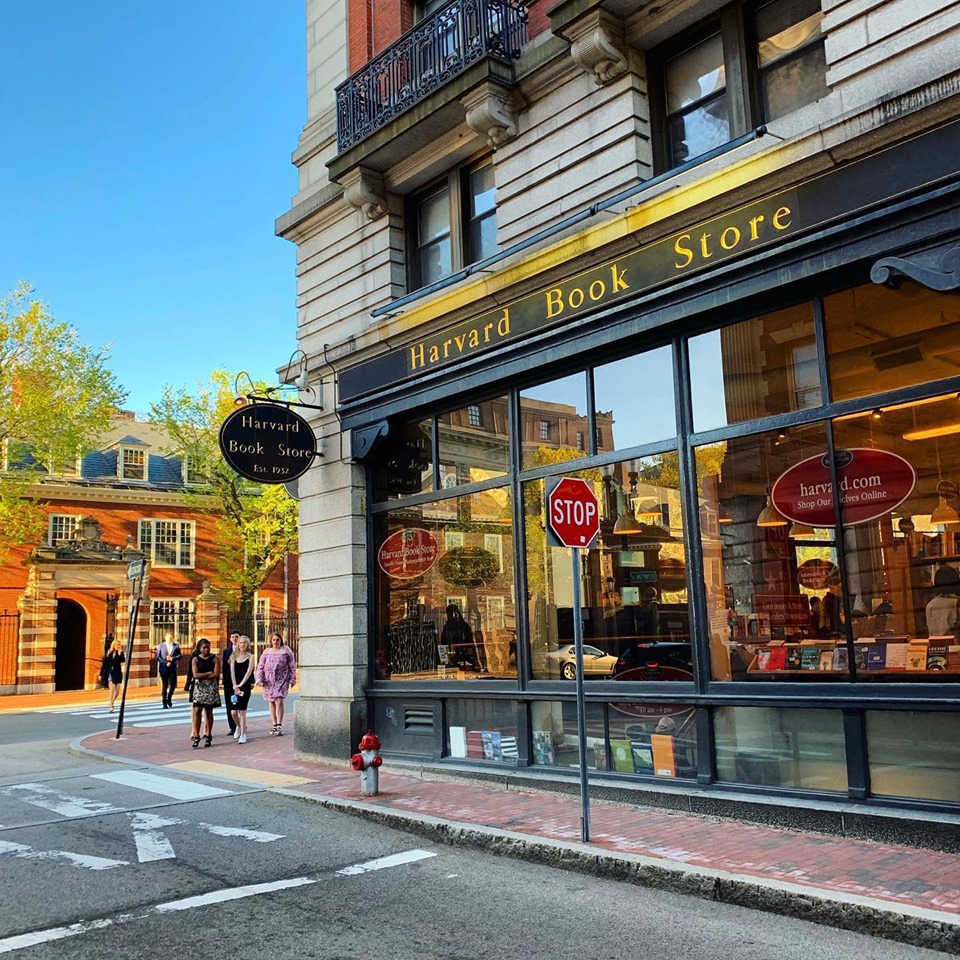 John W. Henry, principal owner of the Boston Red Sox, the Boston Globe, the Liverpool Premier League soccer team and other ventures, is making "a series of investments" in the Harvard Book Store, Cambridge, Mass. The initial investments will go to renovating the bookstore, updating its website, and "ensuring the long-term sustainability" of the business. Future investments will go to projects "to enhance the bookstore's presence in Greater Boston's literary landscape."
John W. Henry, principal owner of the Boston Red Sox, the Boston Globe, the Liverpool Premier League soccer team and other ventures, is making "a series of investments" in the Harvard Book Store, Cambridge, Mass. The initial investments will go to renovating the bookstore, updating its website, and "ensuring the long-term sustainability" of the business. Future investments will go to projects "to enhance the bookstore's presence in Greater Boston's literary landscape."
Jeff Mayersohn and Linda Seamonson, who bought the Harvard Book Store in 2008, said in an e-mail to customers that they are "very excited about this partnership, which will be transformative for our business." Henry, they continued, "originally reached out to us during a very low point in the pandemic, having read about the financial challenges our store was facing, and offered to help. While over the last few months our financial situation has improved--thanks to our customers, our marvelous staff, our landlords Harvard Real Estate, and some very generous government programs--the long-term sustainability of Harvard Book Store remained uncertain. And so, our conversations with John have evolved from simply preserving the business in the short-term, to developing a vision for how we might work together to better serve our community of readers and writers for decades to come."
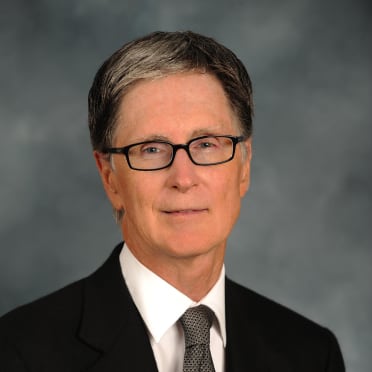 |
|
| John W. Henry | |
They called John Henry and his wife, Linda Henry, "ideal partners for our bookstore. They are deeply committed to our region and its cultural institutions, having invested in community projects for more than two decades. They are known for their philanthropic work; the Red Sox Foundation is the largest in Major League Baseball. They are also committed to independent bookstores and are insistent that Harvard Book Store maintain its indie identity, which has defined it for almost 90 years."
They also cited the Henrys' approach to Fenway Park, home of the Red Sox: "Rather than build a soulless suburban stadium, they have preserved the character of a beloved Boston landmark built in 1912, while bringing many of its amenities into the 21st century. Similarly, their stewardship of the Boston Globe shows a real commitment to print journalism, while ushering the paper into the digital age."
Henry, who made a fortune estimated recently at $3.6 billion with his eponymous investment management firm, said, "Linda and I have long appreciated the role that Harvard Book Store plays in our region's cultural life. We hope that our involvement will enable Harvard Book Store to build upon this legacy to better serve the readers and writers of Greater Boston and beyond. Our intention is that the store stay indie to its core, as part of the marvelous universe of bookstores that add so much to their communities."
Founded in 1932, Harvard Book Store sells new, used, and remainder books, both academic and general interest titles. In pre-pandemic times, it hosted hundreds of author events a year, and during its history was a pioneer in selling paperbacks, computerizing the store, offering print-on-demand services.







 James Patterson has selected the independent booksellers who are beneficiaries of his Holiday Bookstore Bonus Program, which
James Patterson has selected the independent booksellers who are beneficiaries of his Holiday Bookstore Bonus Program, which 
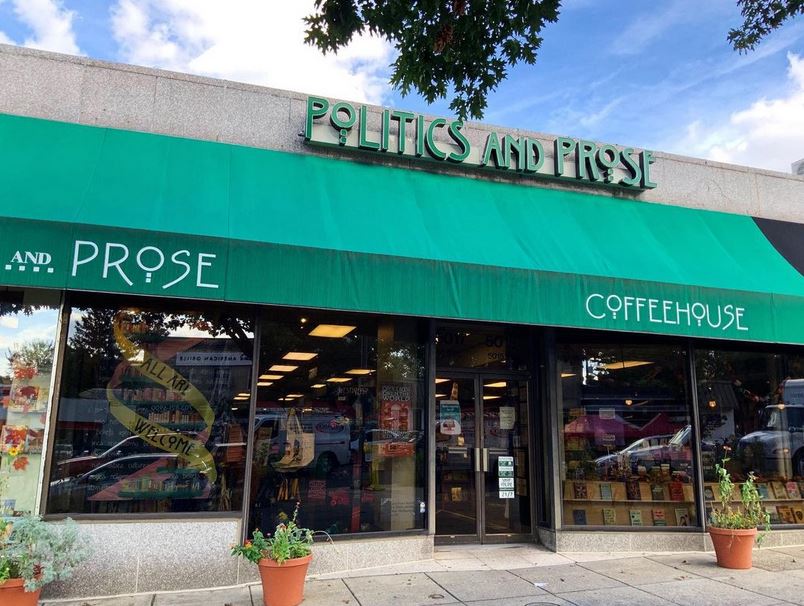 In the latest about the effort by some employees to unionize
In the latest about the effort by some employees to unionize 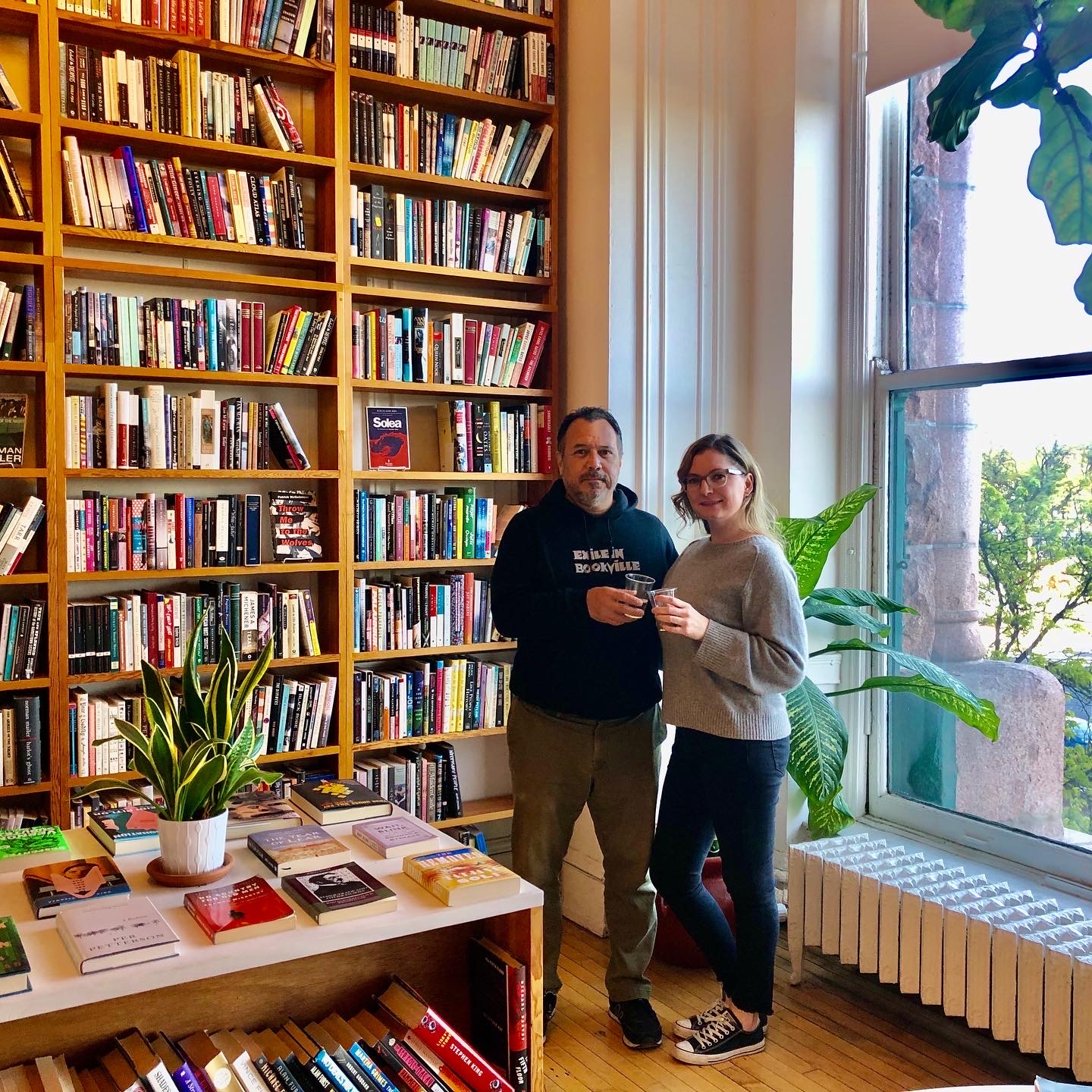
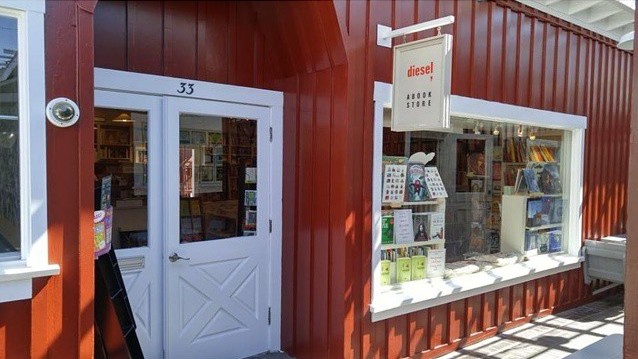
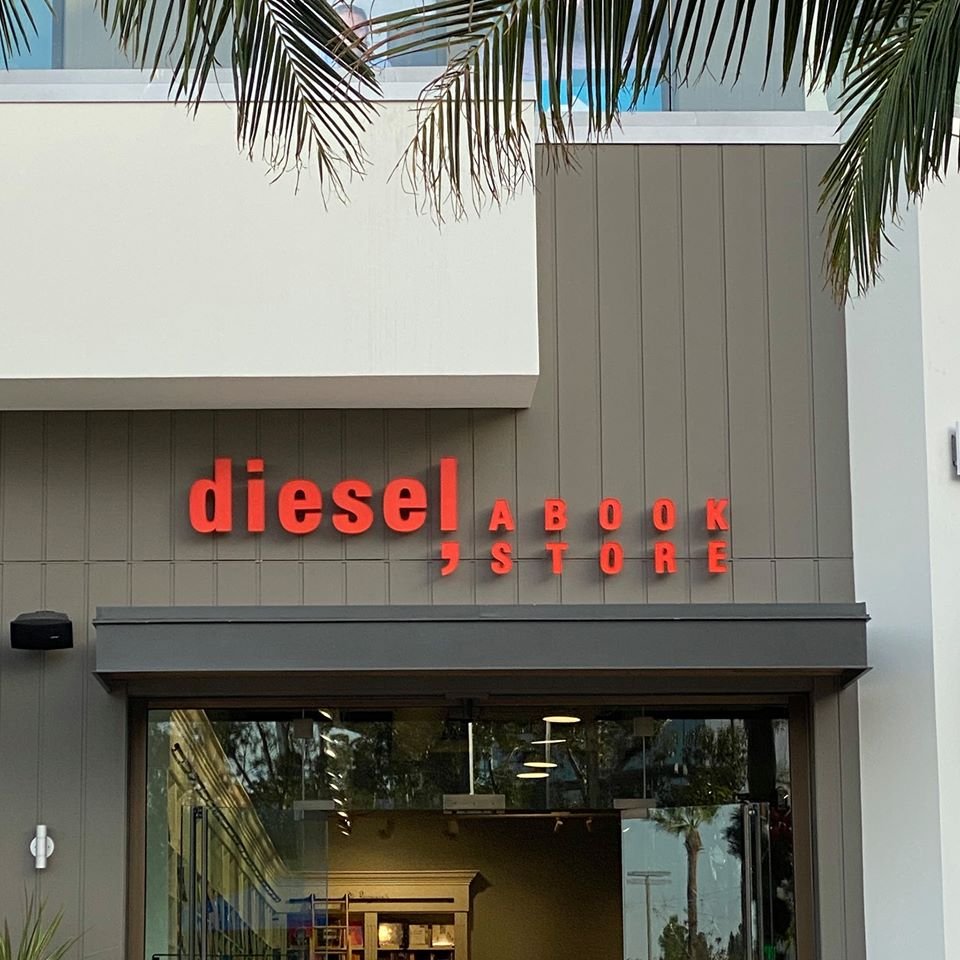 When titles aren't available, Reid and Evans use the opportunity to "show off all the other books you have." That said, there are still certain books that "people automatically want," like Ann Patchett's These Precious Days. On that and similar titles, DIESEL did "beef up" their orders, but in general the stores did not have the storage space to buy early and buy huge in quite the way that publishers and distributors suggested.
When titles aren't available, Reid and Evans use the opportunity to "show off all the other books you have." That said, there are still certain books that "people automatically want," like Ann Patchett's These Precious Days. On that and similar titles, DIESEL did "beef up" their orders, but in general the stores did not have the storage space to buy early and buy huge in quite the way that publishers and distributors suggested.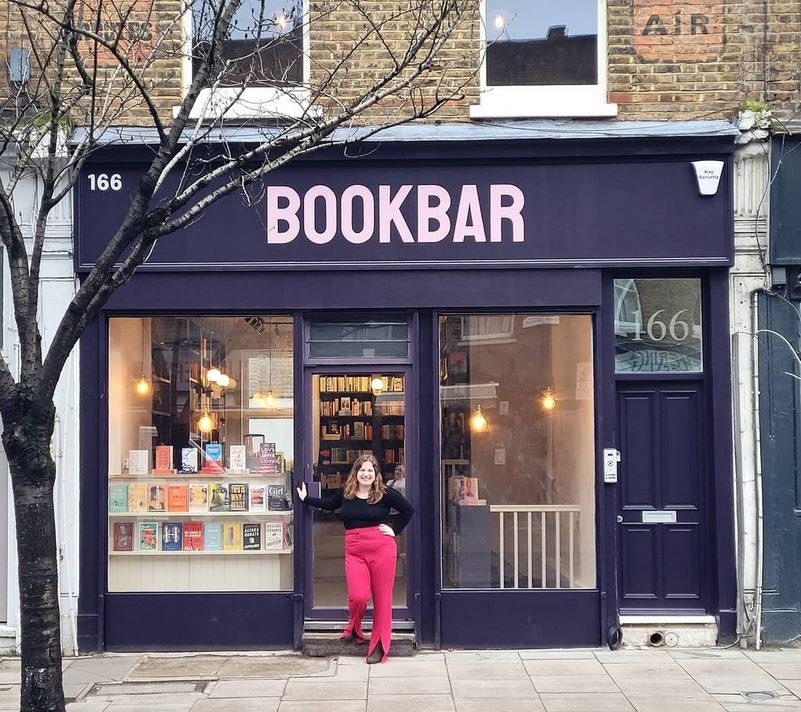 Booksellers in the U.K. and Ireland are
Booksellers in the U.K. and Ireland are  In Iraq,
In Iraq, 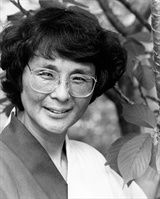
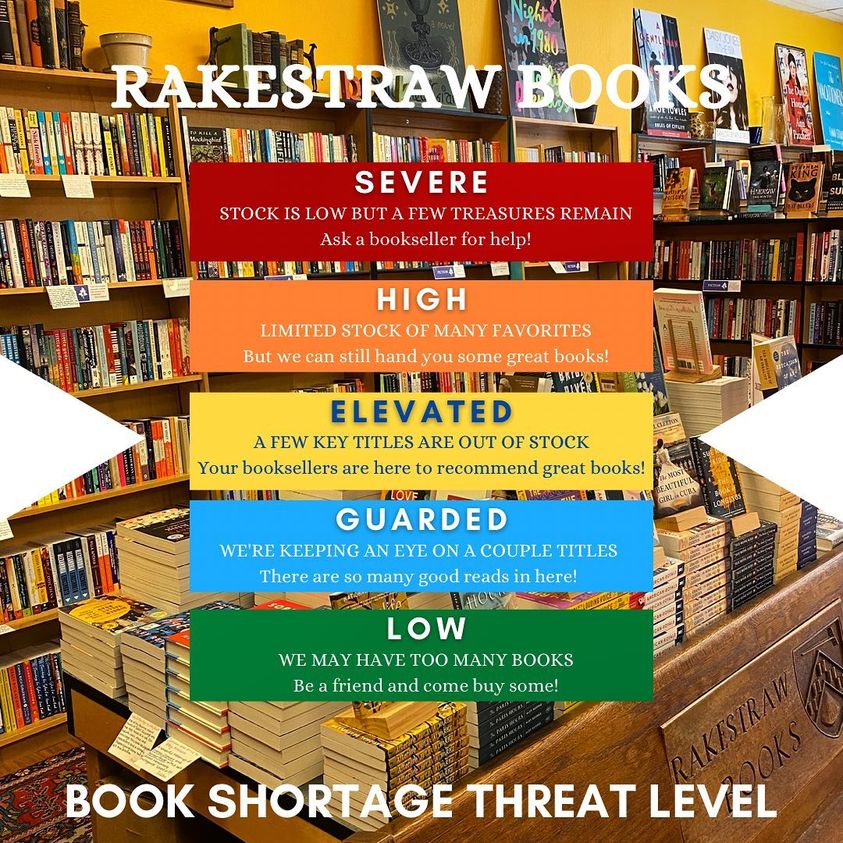
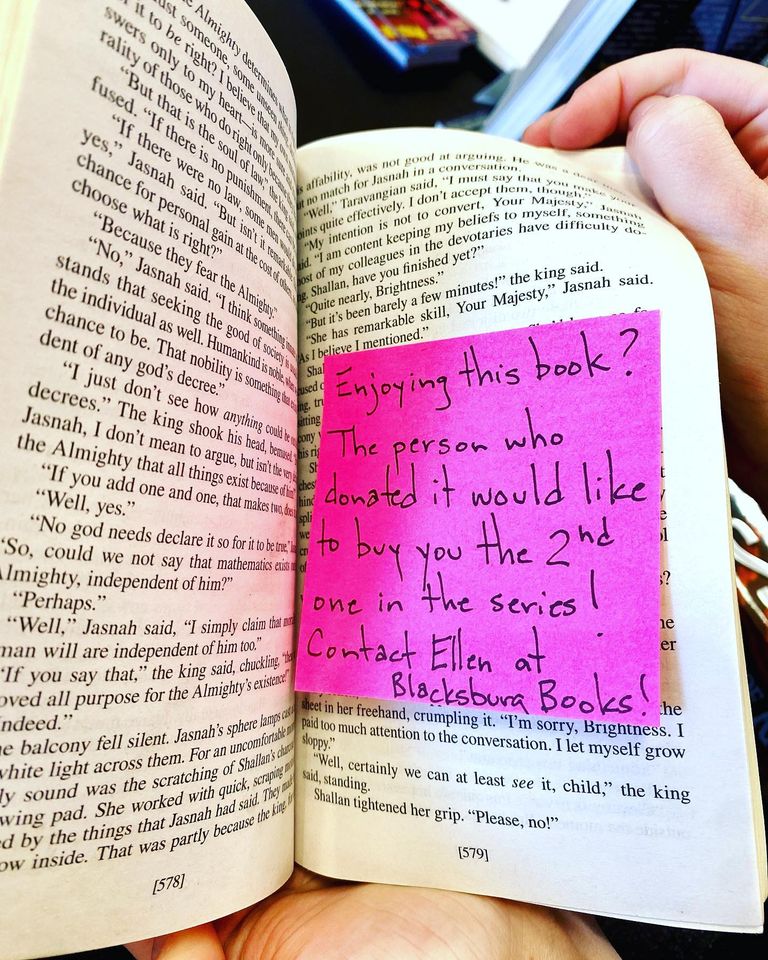
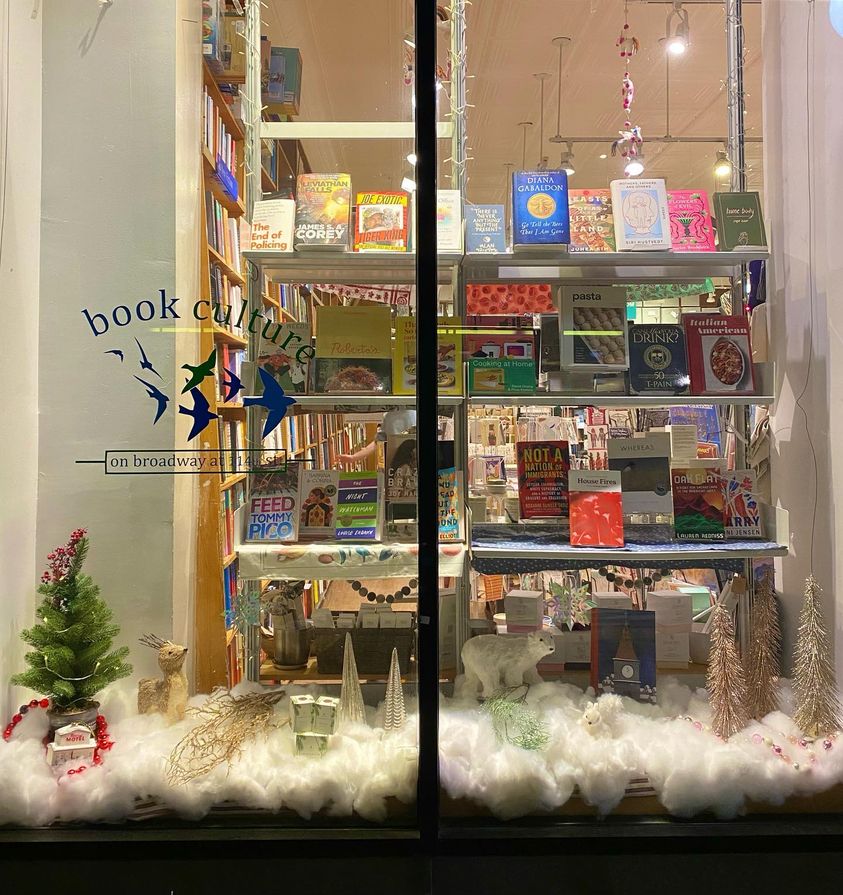 "Apparently someone was ready and
"Apparently someone was ready and 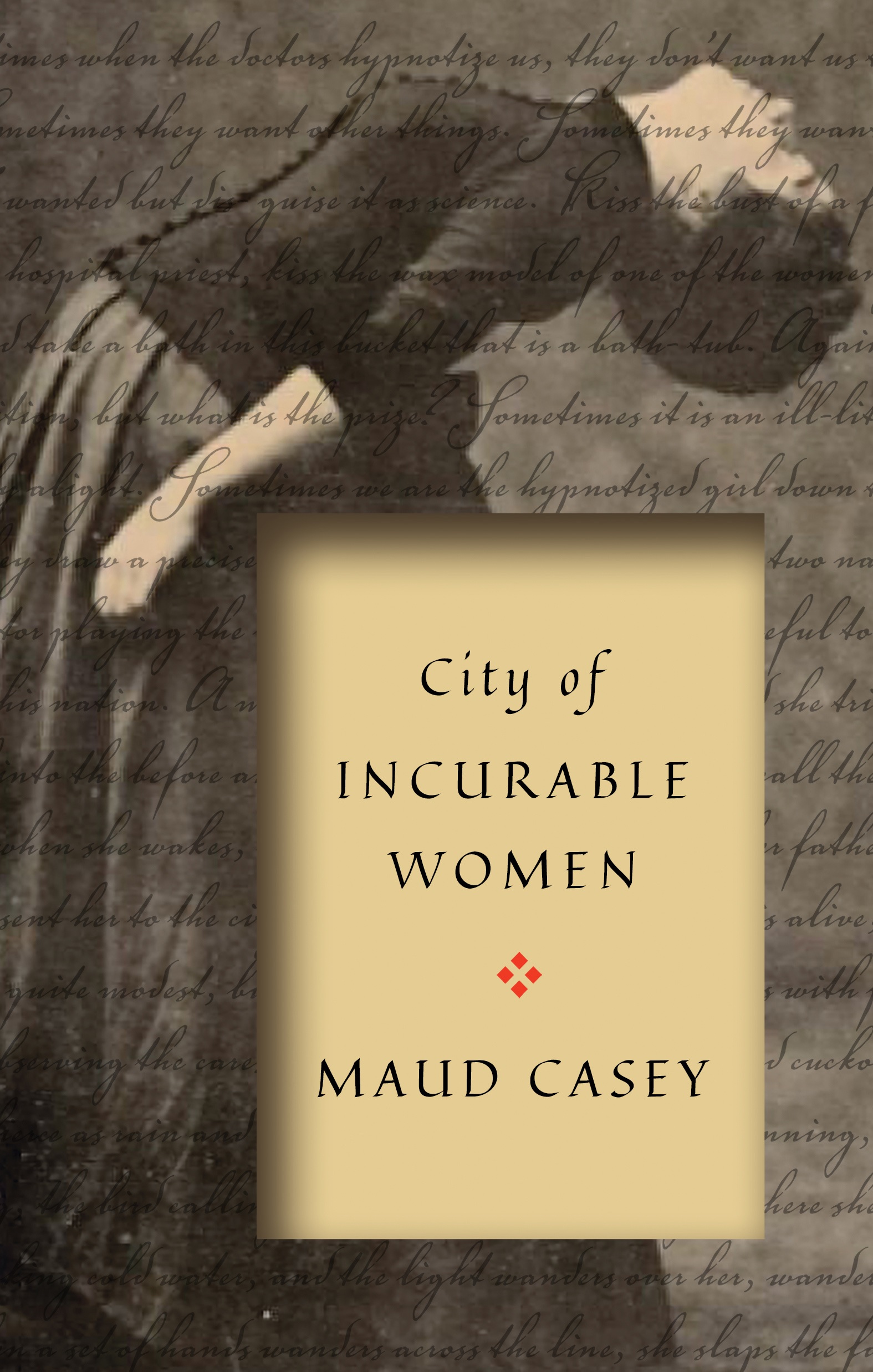 At just 128 pages, Maud Casey's compelling City of Incurable Women--ostensibly a historical novel featuring 19th-century French women institutionalized with diagnoses of hysteria--might invite an expeditious single-sitting read. That sparseness obscures its intricate density: hardly straightforward narrative, City of Incurable Women is a fascinating, multi-layered interaction between Casey's pithy words on the page and history's virtual elision of the titular "incurable women." Readers may well want side-by-side access to sources of additional information for a more satisfying, enhanced experience.
At just 128 pages, Maud Casey's compelling City of Incurable Women--ostensibly a historical novel featuring 19th-century French women institutionalized with diagnoses of hysteria--might invite an expeditious single-sitting read. That sparseness obscures its intricate density: hardly straightforward narrative, City of Incurable Women is a fascinating, multi-layered interaction between Casey's pithy words on the page and history's virtual elision of the titular "incurable women." Readers may well want side-by-side access to sources of additional information for a more satisfying, enhanced experience. 